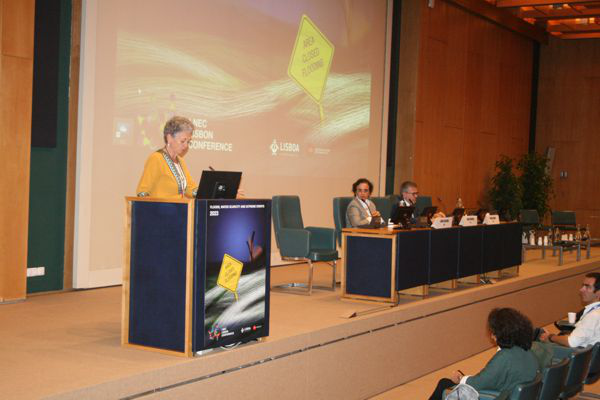
Conference 2023
About
Extreme hydro-meteorological events, such as inland flooding, coastal storms and severe water scarcity, have major social, economic and environmental impacts. These adverse impacts may be exacerbated by climate change.
It is therefore important to better understand extreme events and water security challenges, and to take action to reduce increasing risks. In particular, there is a need to adopt strategies to increase the resilience of cities and critical infrastructure.The aim of the LNEC Lisbon Conference 2023 is to discuss how the research community, in collaboration with local authorities and citizens, can contribute with tools and solutions to address these water-related challenges.













